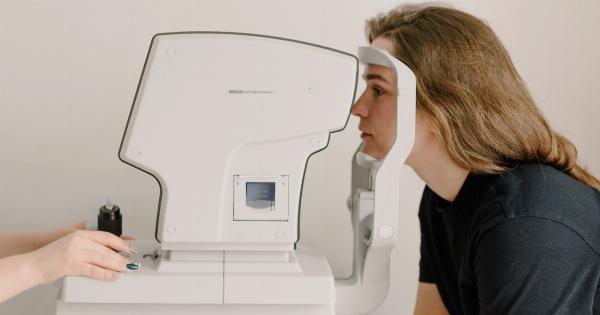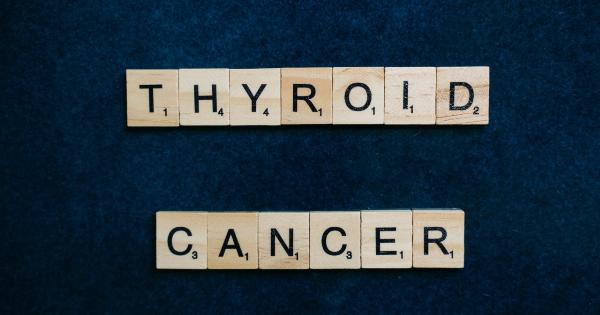Iodine is an essential mineral that needs to be obtained through the diet as our body cannot produce it.
It plays a crucial role in the functioning of the thyroid gland, which regulates various bodily functions including metabolism, growth, and development. Without sufficient iodine, our health may be at risk, and various deficiency signs can start to manifest. In this article, we will explore the importance of iodine and highlight seven deficiency signs that you should watch out for.
1. Fatigue and Weakness
One of the most common signs of iodine deficiency is persistent fatigue and weakness.
Since iodine is essential for the production of thyroid hormones, a lack of it can result in an underactive thyroid gland, leading to low energy levels and a constant feeling of tiredness. If you find yourself lacking energy even after getting enough sleep, it may be due to an iodine deficiency.
2. Weight Gain and Difficulty Losing Weight
Your thyroid gland is responsible for regulating your metabolism, and iodine is a crucial component in the synthesis of thyroid hormones. These hormones control how efficiently your body converts food into energy.
When iodine levels are low, your metabolism slows down, which can lead to weight gain and difficulty in losing weight even with a healthy diet and regular exercise.
3. Hair Loss and Dry, Brittle Hair
Iodine deficiency can also affect the health of your hair. Your hair follicles require adequate thyroid hormone levels to function properly. When iodine is lacking, the hair may become dry, brittle, and more prone to breakage.
In severe cases, hair loss can occur. If you notice excessive hair shedding or changes in the texture of your hair, it may be an indication of an iodine deficiency.
4. Dry Skin
Iodine deficiency can affect the moisture levels in your skin. Without sufficient iodine, your skin may become dry, rough, and flaky. This is because iodine is essential for the production of sweat, which helps to moisturize the skin.
If you notice persistent dryness and irritation, an iodine deficiency could be the cause.
5. Cognitive and Developmental Issues
Iodine is particularly important for pregnant women and young children as it plays a critical role in brain development. Severe iodine deficiency during pregnancy can result in neurological and cognitive impairments in the developing fetus.
In children, inadequate iodine intake can lead to poor cognitive function, low IQ, and impaired mental development. It is important for expecting mothers and young children to ensure adequate iodine intake to support healthy growth and brain development.
6. Swollen Neck or Goiter
In an effort to compensate for iodine deficiency, the thyroid gland may enlarge, leading to the formation of a goiter. A goiter is a visible swelling at the base of the neck, just below the Adam’s apple.
It can cause discomfort, difficulty swallowing, and may be a sign of long-term iodine deficiency. If you notice any abnormal swelling in your neck, it is important to consult a healthcare professional for a proper diagnosis.
7. Impaired Immune Function
Iodine plays a crucial role in supporting a healthy immune system. It helps to stimulate the activity of antioxidant enzymes, which protect the body against oxidative stress and free radicals.
When iodine levels are low, immune function can become compromised, making you more susceptible to infections and illnesses.
Conclusion
Iodine is an essential mineral that plays a critical role in maintaining overall health and well-being.
A deficiency in iodine can lead to a range of health issues, including fatigue, weight gain, hair loss, dry skin, cognitive impairments, goiter, and immune dysfunction. It is important to ensure a sufficient intake of iodine through a balanced diet or dietary supplements, especially for pregnant women, young children, and individuals living in iodine-deficient areas.
If you suspect an iodine deficiency, it is advisable to consult with a healthcare professional for proper diagnosis and guidance.




























